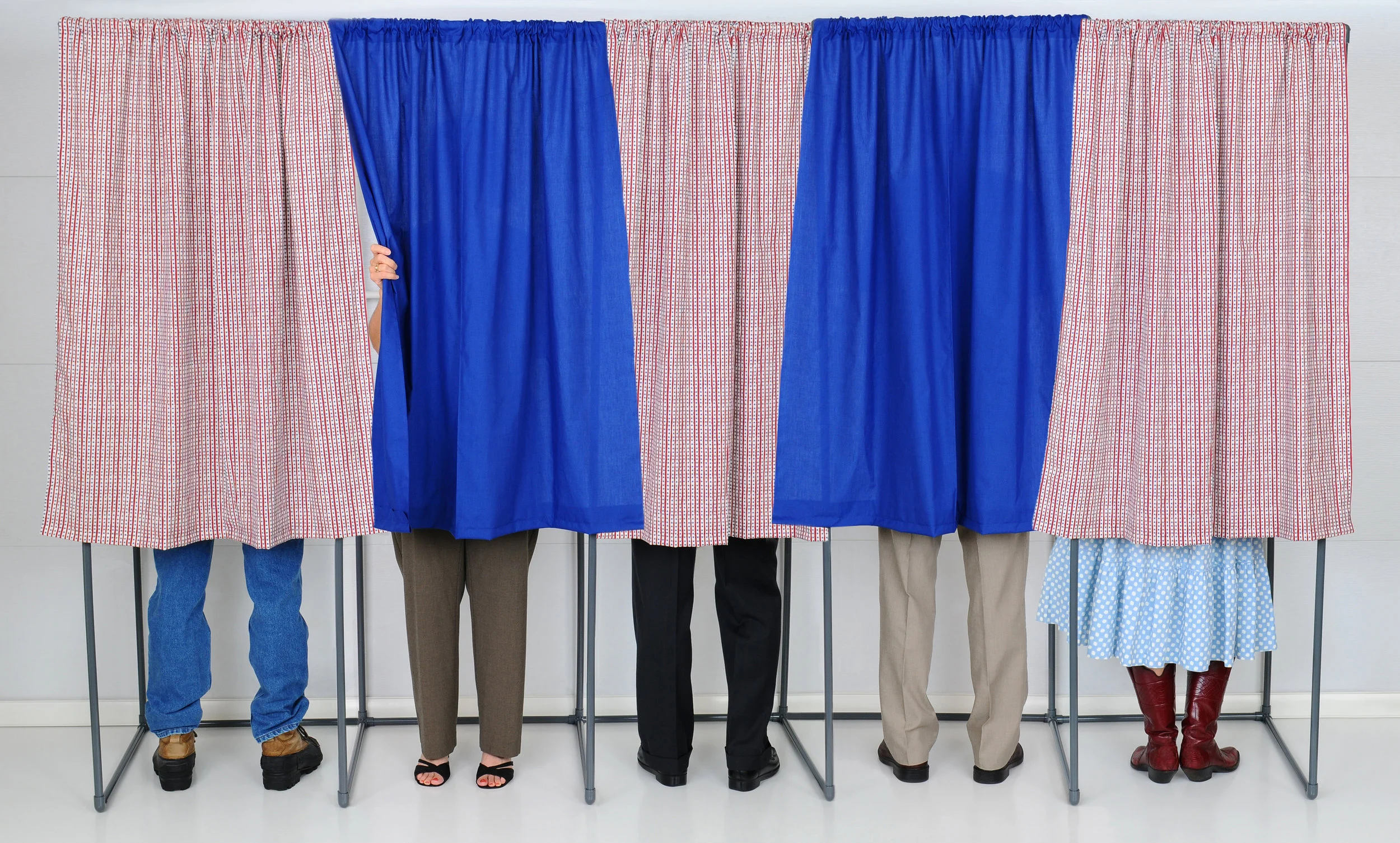Conventional wisdom says that choosing the president by national popular vote would help Democrats and hurt Republicans. But that is not necessarily the case. MEVC’s own analysis shows that under the current, winner-take-all Electoral College system, a split between the winners of the Electoral College and the popular vote will happen about a third of the time in close elections—and neither party is likely to have a long-term advantage.
A growing number of Republicans have recognized that the national popular vote may be the best way to build winning coalitions going forward, and that any apparent benefit the current system has to Republicans may only be temporary. As Susan Crabtree explains in RealClearPolitics:
To [Republicans], the equation is clear: Defending the traditional system puts the GOP in the best position for President Trump to win a second term. But some Republicans wonder if the conventional wisdom is short-sighted. For starters, these contrarians are concerned with how the existing Electoral College dynamic has reduced civic engagement in whole areas of the country, from the deeply red South, rural Plains and mountain West to the millions of essentially disenfranchised Republicans in Democrat-dominated California. Such places are ignored every four years as the two major parties and their respective presidential tickets spend almost all of their time and treasure in roughly a dozen battleground states.
Of more pressing concern, these GOP contrarians also point out that the electoral map that currently favors them is not set in stone.
… Republicans who support shifting to greater reliance on the popular vote argue that in five to 10 years, their candidates may find themselves at a disadvantage even under the current system. That’s because demographics are changing palpably and Republicans might well lose their ability to win the important swing state of Florida, and possibly even the GOP anchor state of Texas.
We should not consider a national popular vote because of any perceived short-term gain to one party over another. Instead, consider the benefits that are lasting. A guarantee that all votes would count equally. A truly national campaign. And a promise that your federal disaster relief won’t be contingent on whether you live in a swing state. Sometimes the Democratic candidate would win; sometimes the Republican. But every voter would have a chance to weigh in on the decision.



